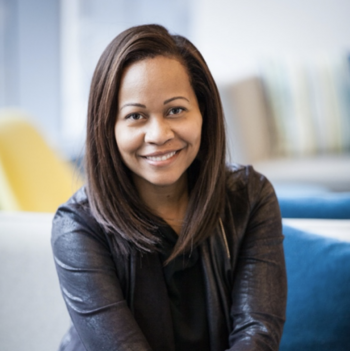China and the United States are the two biggest carbon-emitting countries in the world. Decarbonization in these two countries will have material impacts on a global scale and is timelier than ever, according to a recent report from Stanford University’s Precourt Institute for Energy, Stanford Center at Peking University, APARC's China Program, and Peking University’s Institute of Energy.
The report is the product of a roundtable series, held in October 2021 that brought together leading American and Chinese current and former officials, and experts in the public and private sectors working on energy, climate, the environment, industry, transportation, and finance. The roundtables promoted discussion around how China and the United States can accelerate decarbonization and cooperate with one another to meet their carbon neutrality goals by mid-century.
The thematic areas of the roundtables included U.S.- China collaboration on climate change, global sustainable finance, corporate climate pledges, and the opportunities and challenges for the acceleration of decarbonization in both countries in general, as well as specifically for the power, transportation, and industry sectors.
The resultant report reviews the key themes and takeaways that emerged from the closed-door discussions. It builds on the “U.S.-China Joint Statement Addressing the Climate Crisis” released by the U.S. Department of State on April 17, 2021 and shares some common themes with the “U.S.-China Joint Glasgow Declaration on Enhancing Climate Action in the 2020s” released on November 10, 2021. Shiran Victoria Shen of the Hoover Institution authored the report, with contributions by Yi Cui of the Precourt Institute for Energy, Zhijun Jin of the Institute of Energy and Jean Oi, Director of APARC's China Program.
The report suggests that tensions in U.S.-China relations have hindered the acceleration of decarbonization and that open science in fundamental research areas must be encouraged. Universities can educate future leaders, advance knowledge, and foster U.S.-China collaboration on open-science R&D, regardless of the political environment. The report argues that the most promising strategy to decarbonize energy is to electrify consumption now served by fossil fuels as much as possible while decarbonizing electricity generation.
The roundtables identified six areas where the U.S. and China could collaborate: global green finance, carbon capture and storage, low-carbon agriculture and food processing, methane leak reduction, grid integration and greater use of intermittent renewables, and governance, including at the subnational level. The report further identifies more concrete and additional promising areas for accelerated decarbonization and bilateral collaboration, as well as the obstacles to be tackled, including institutional, political, and financial constraints.








